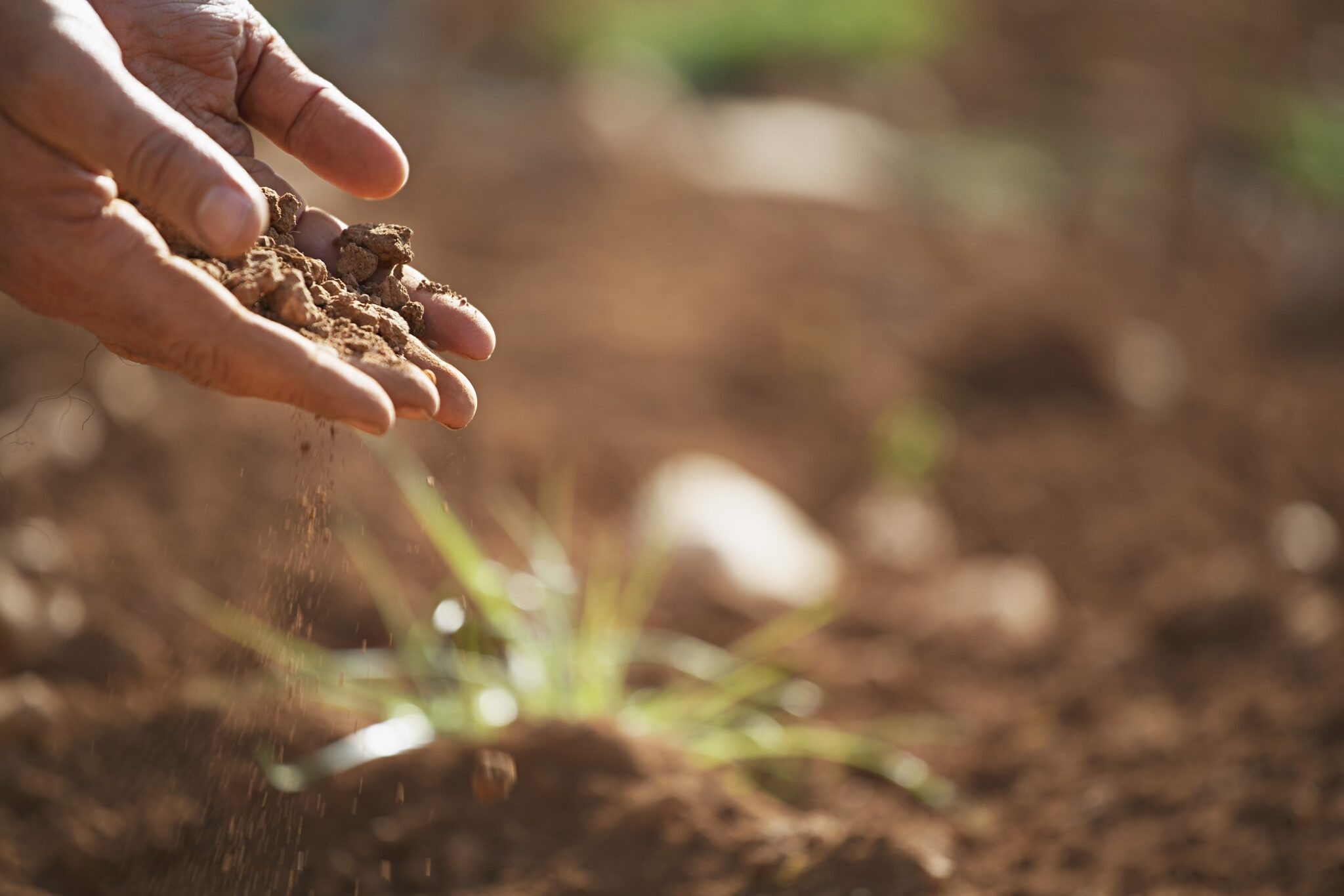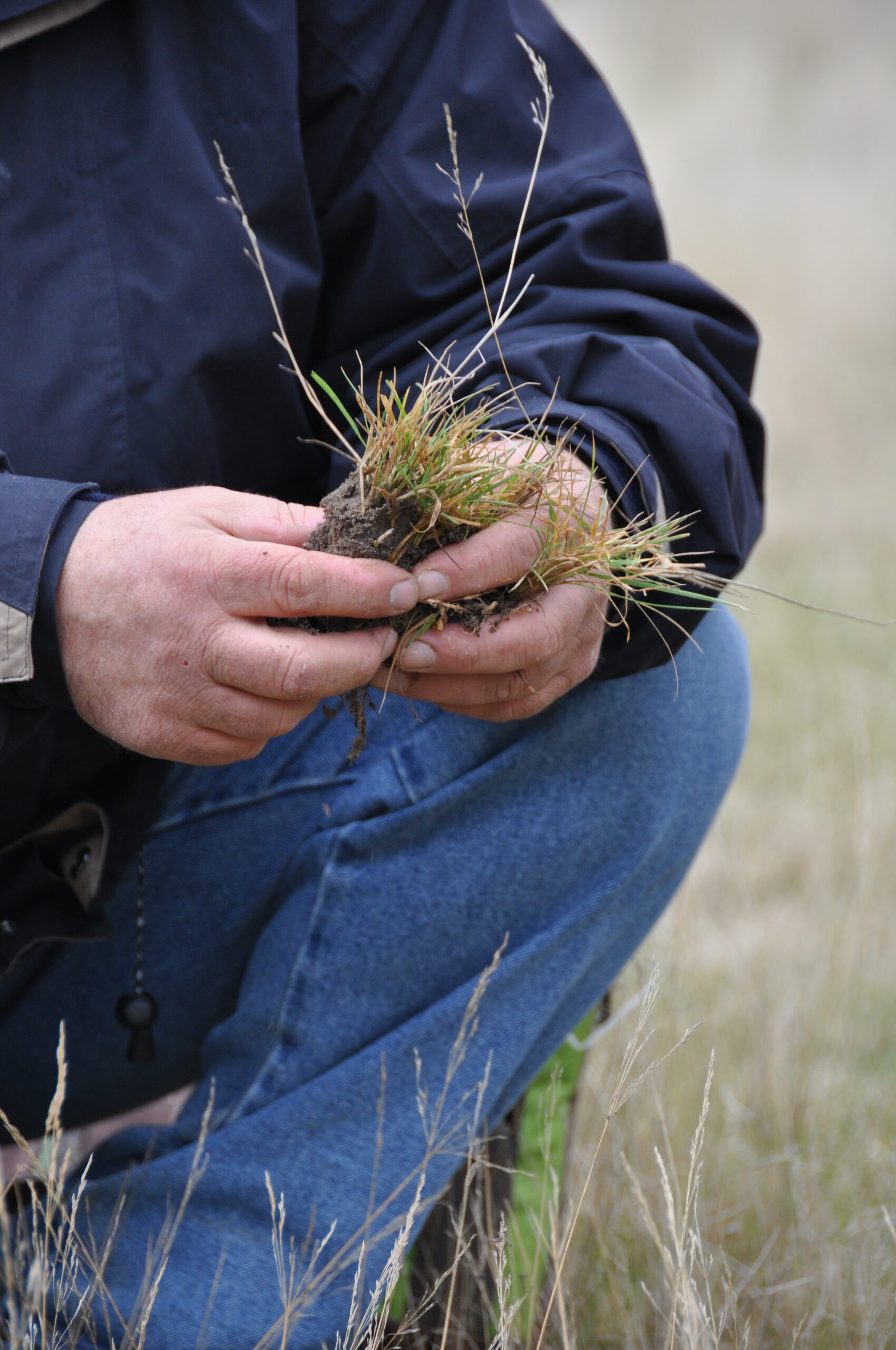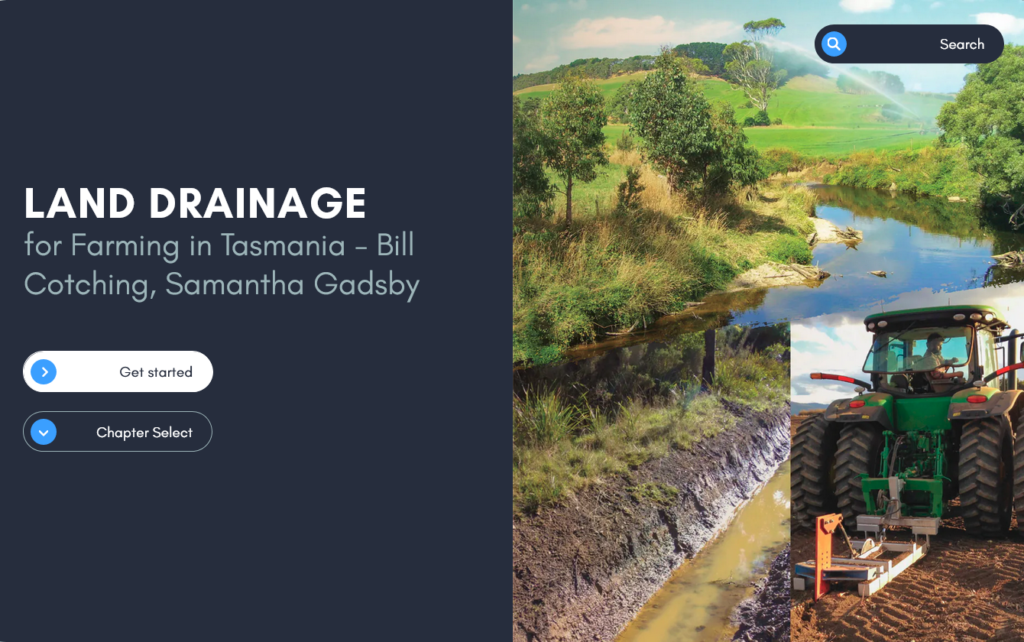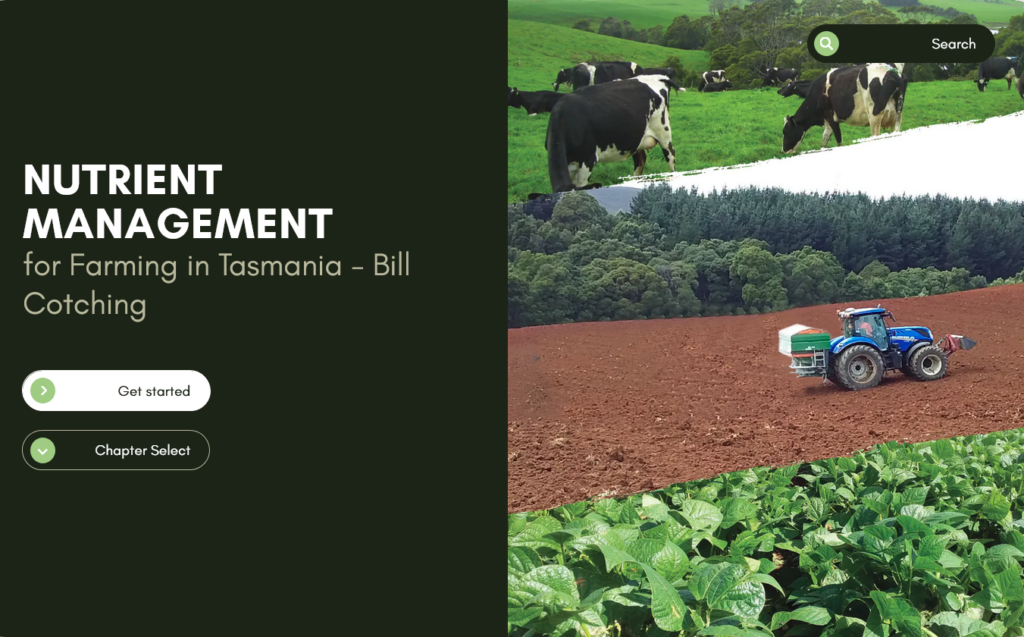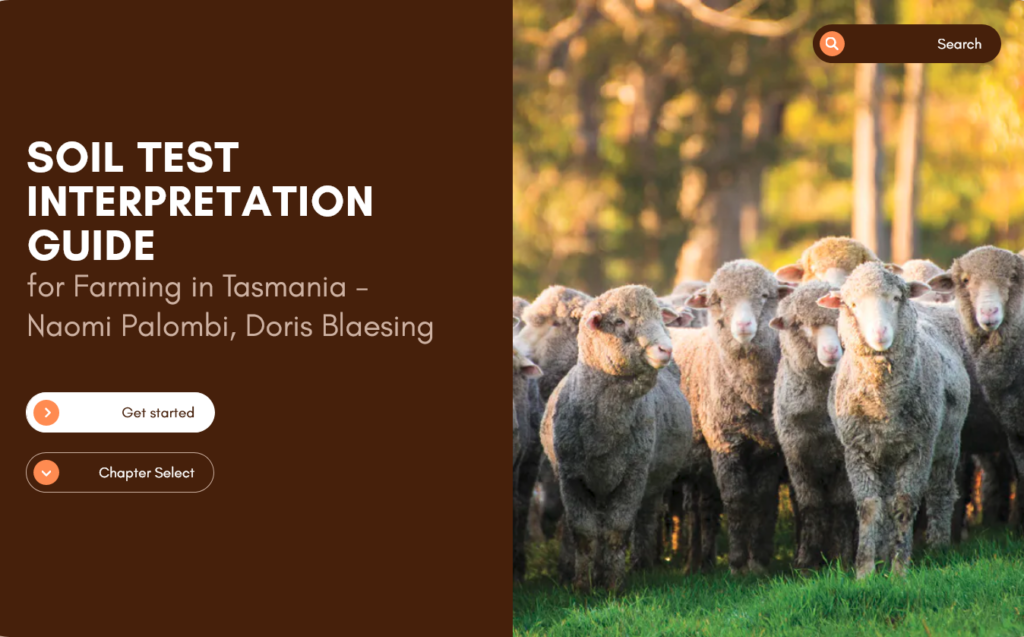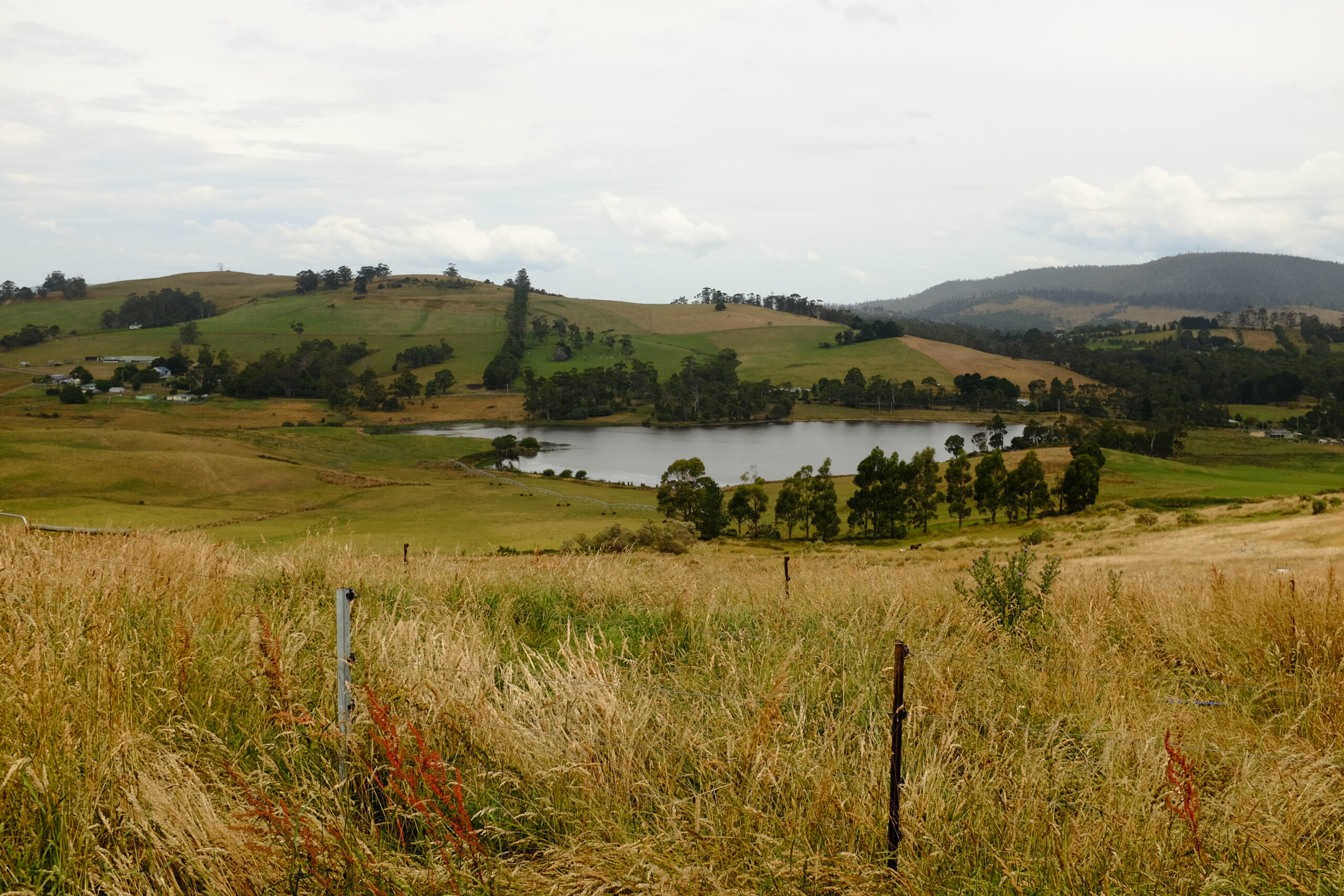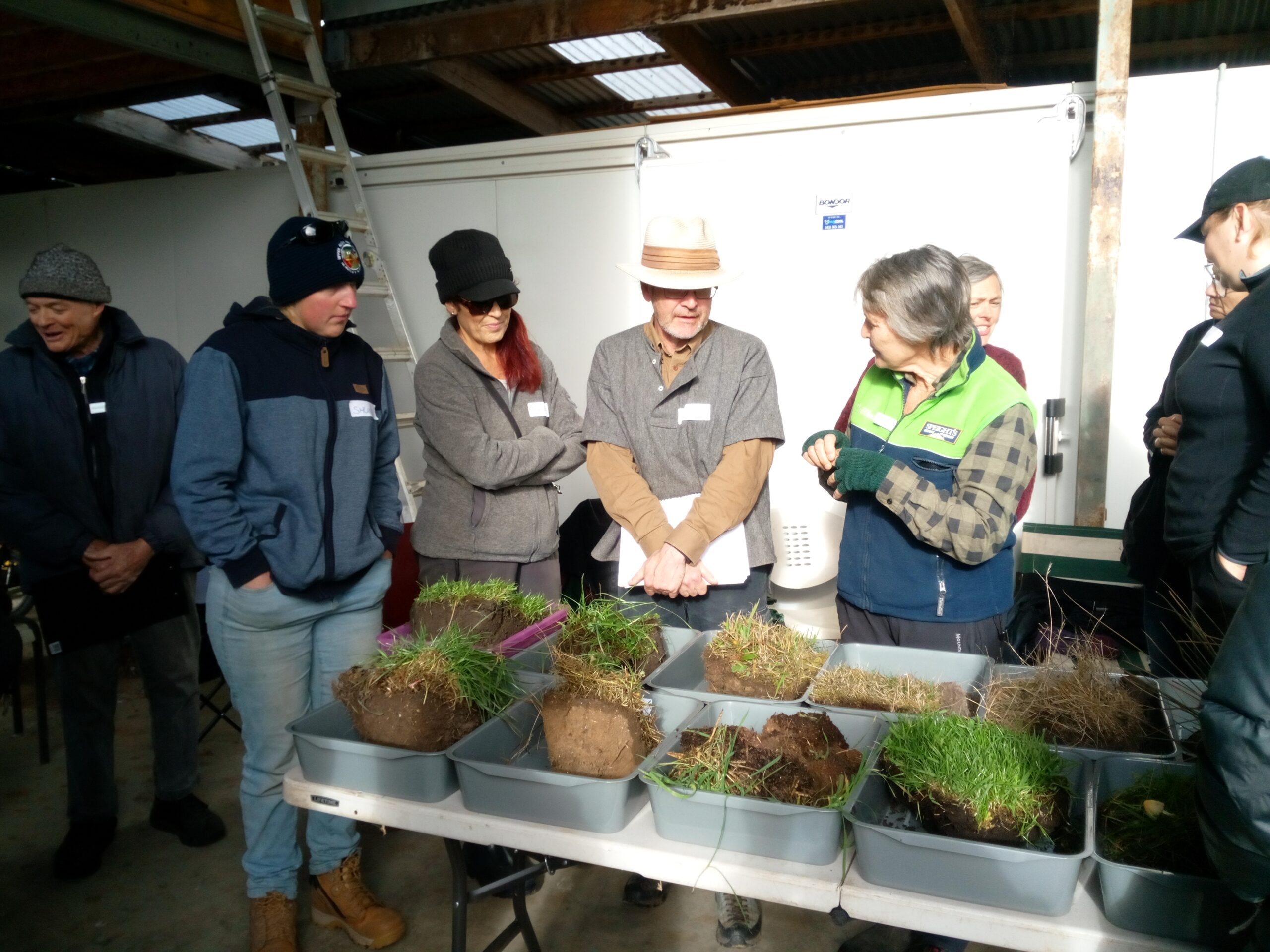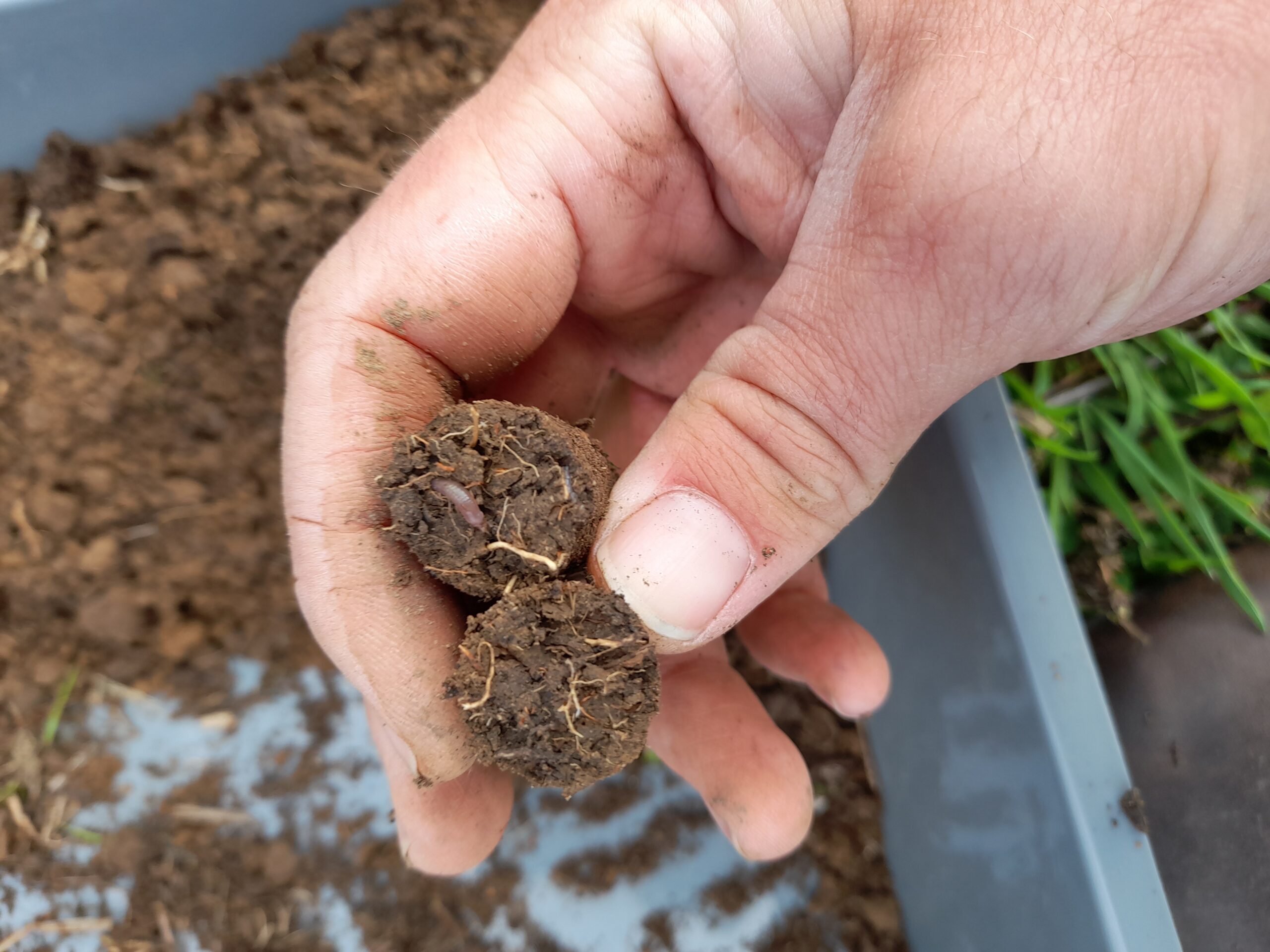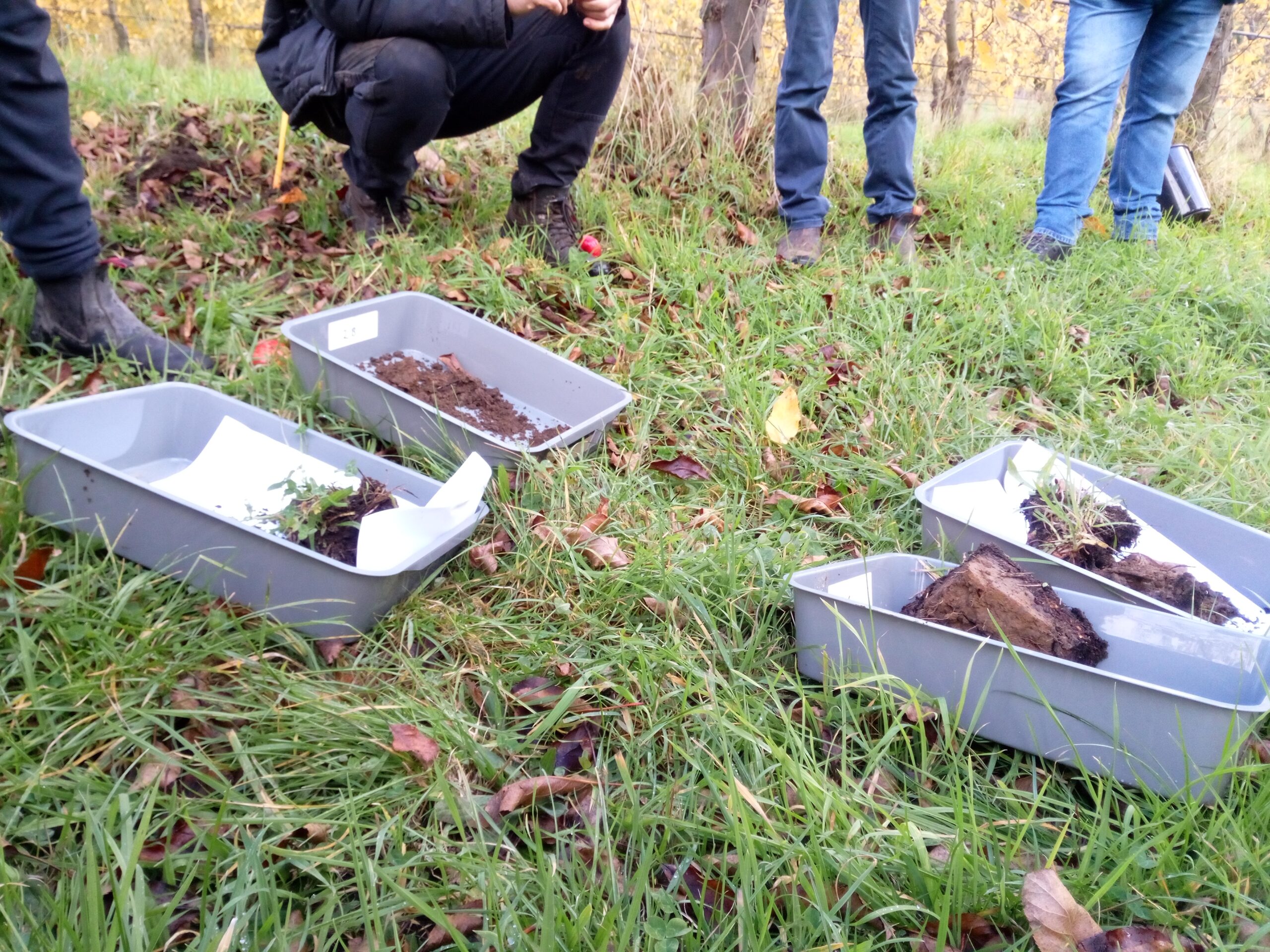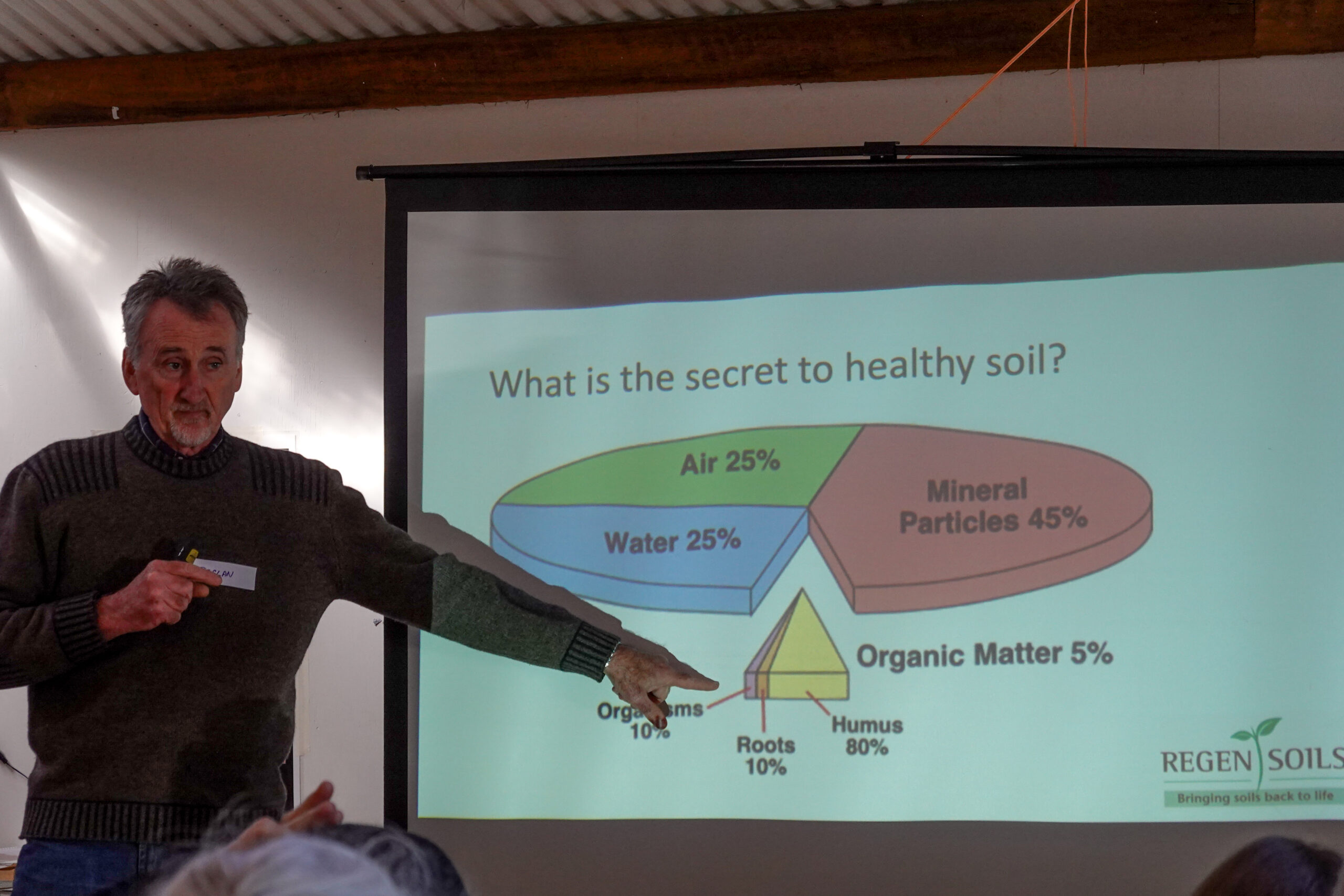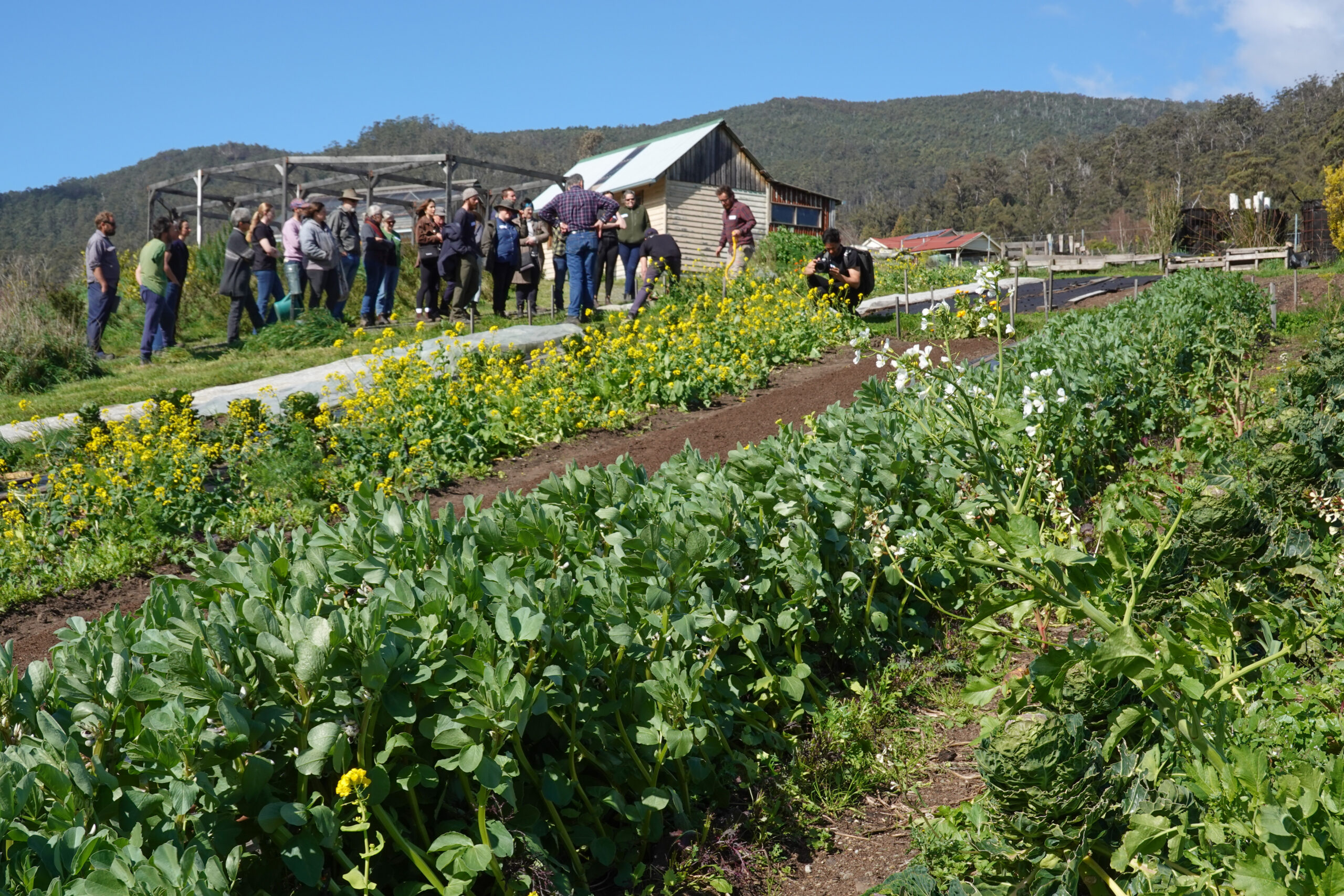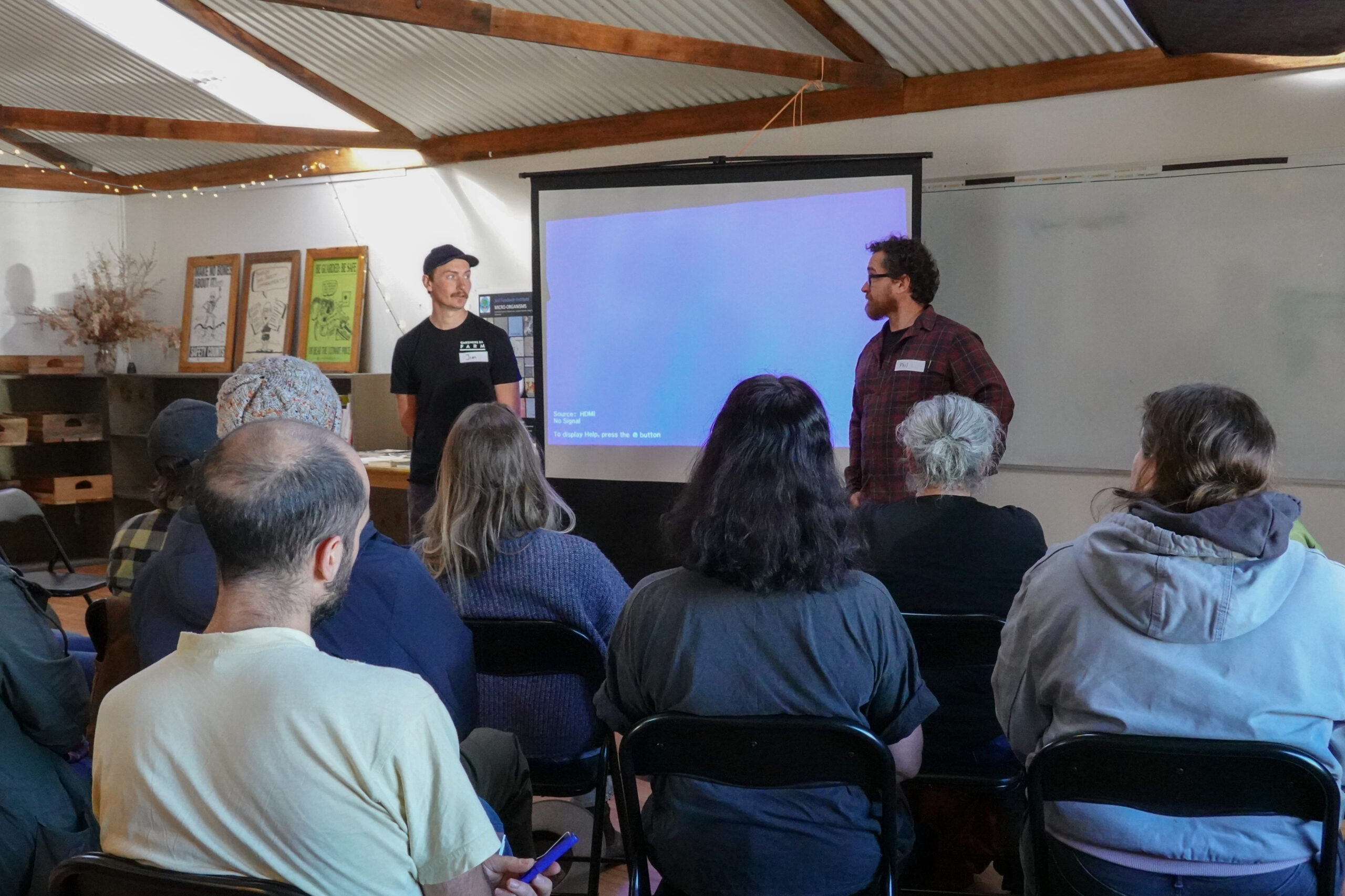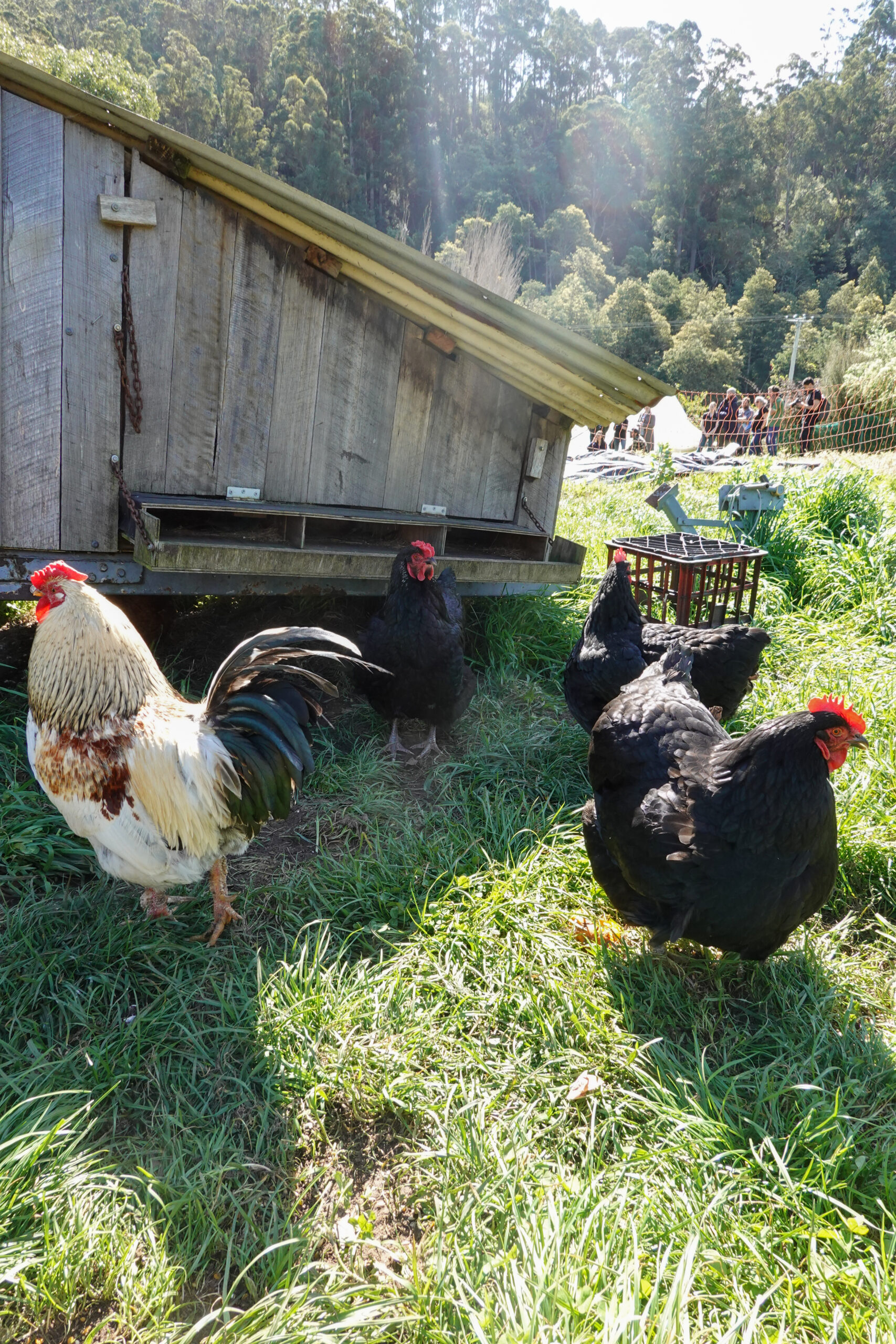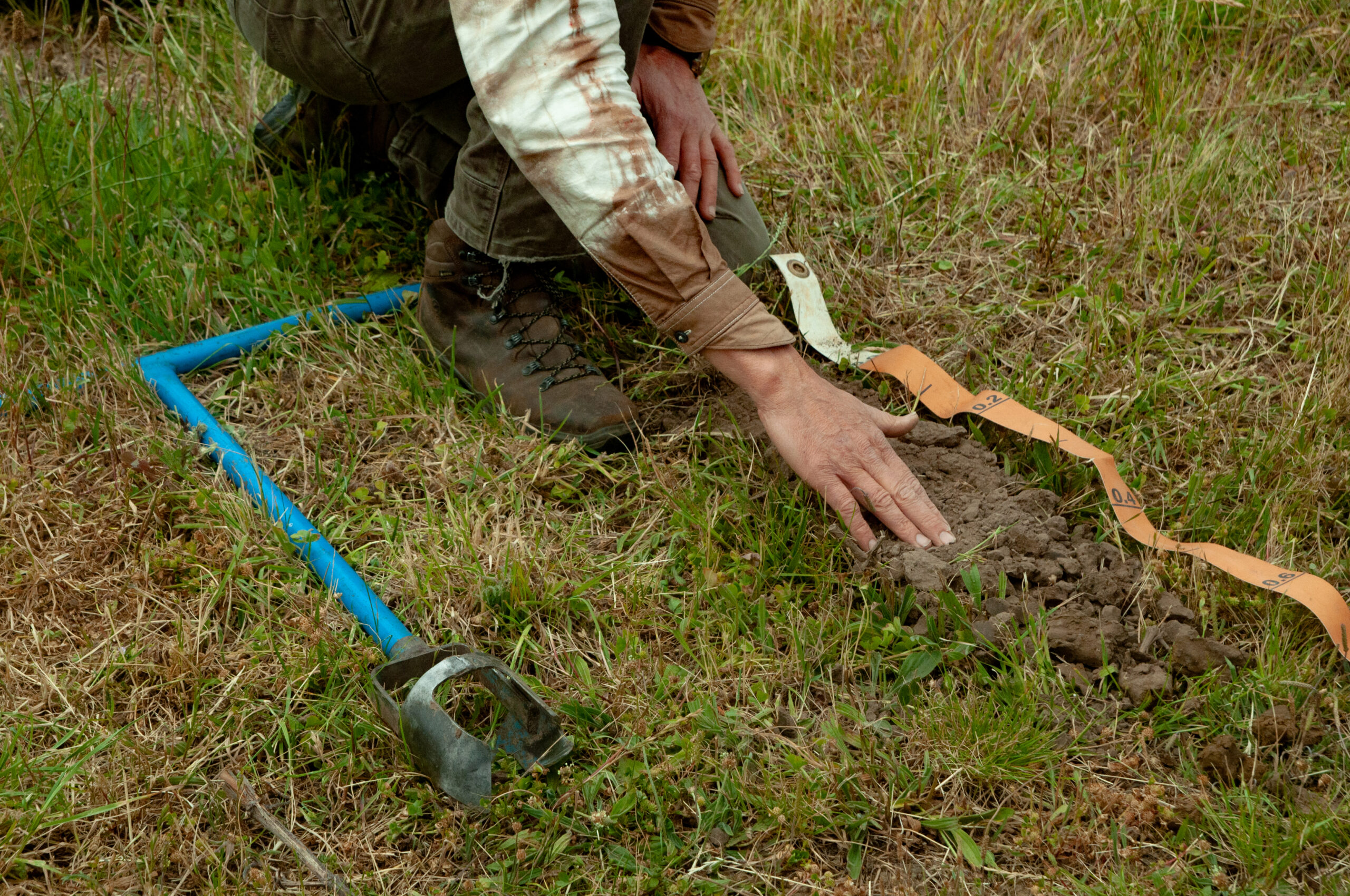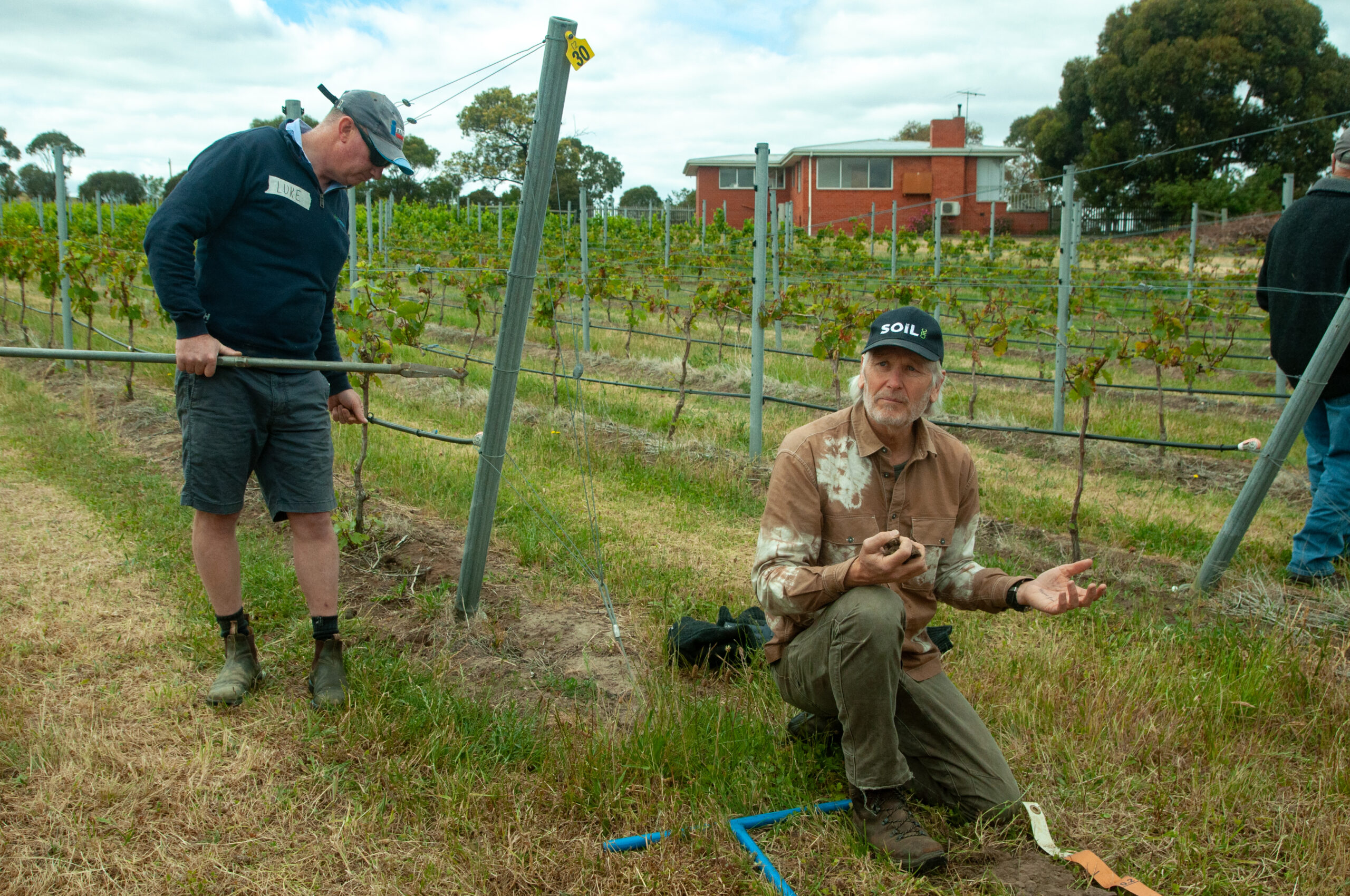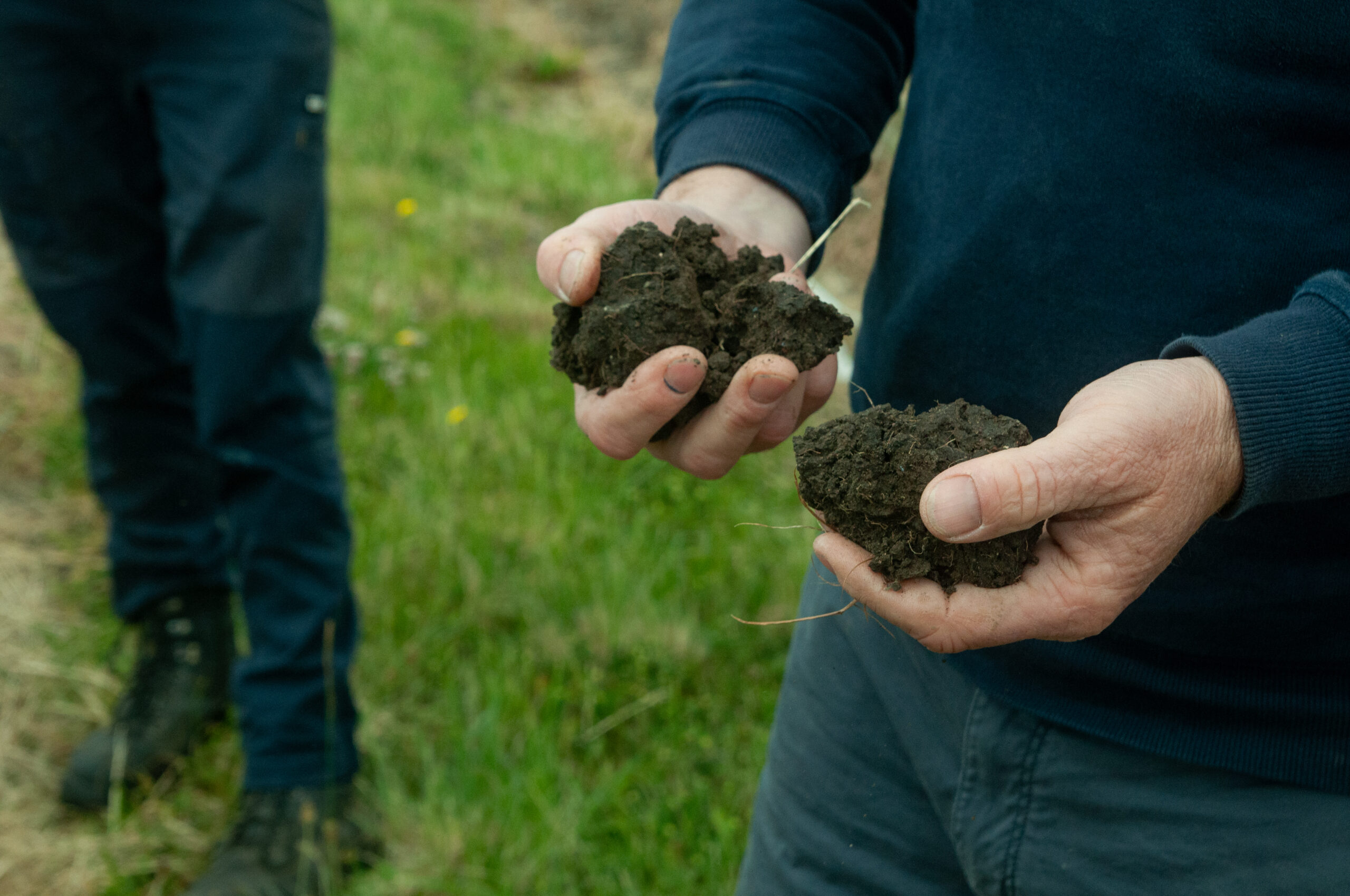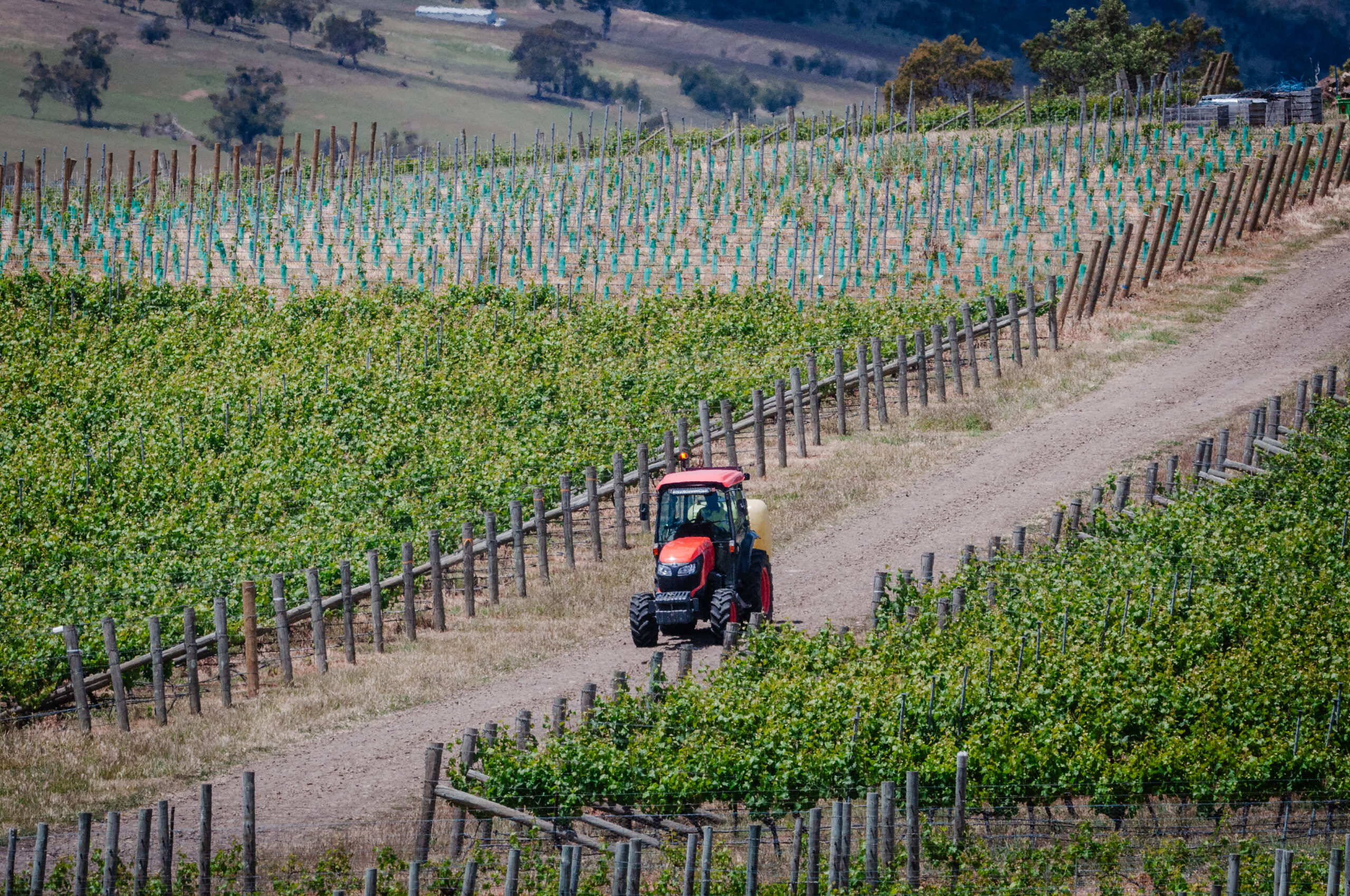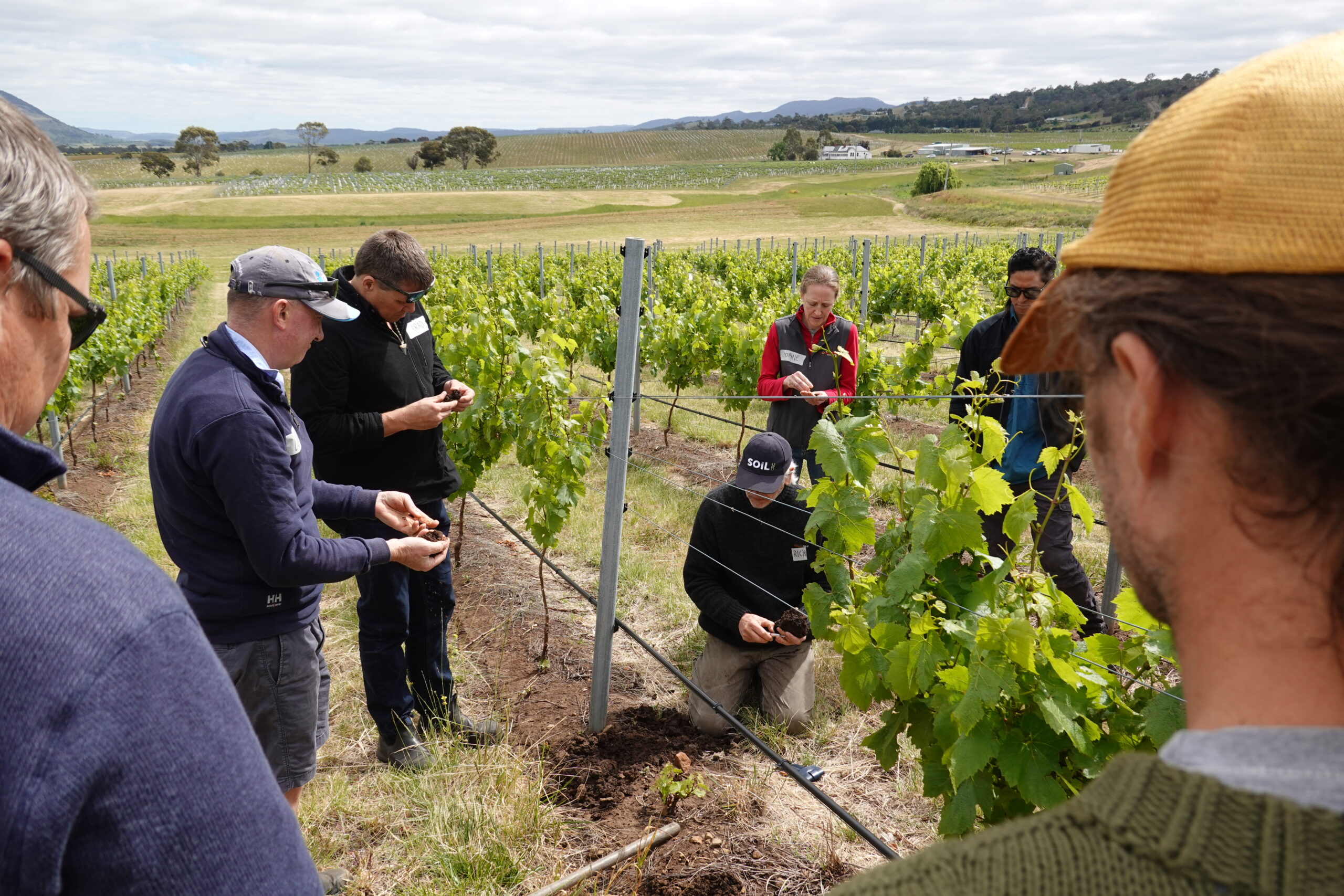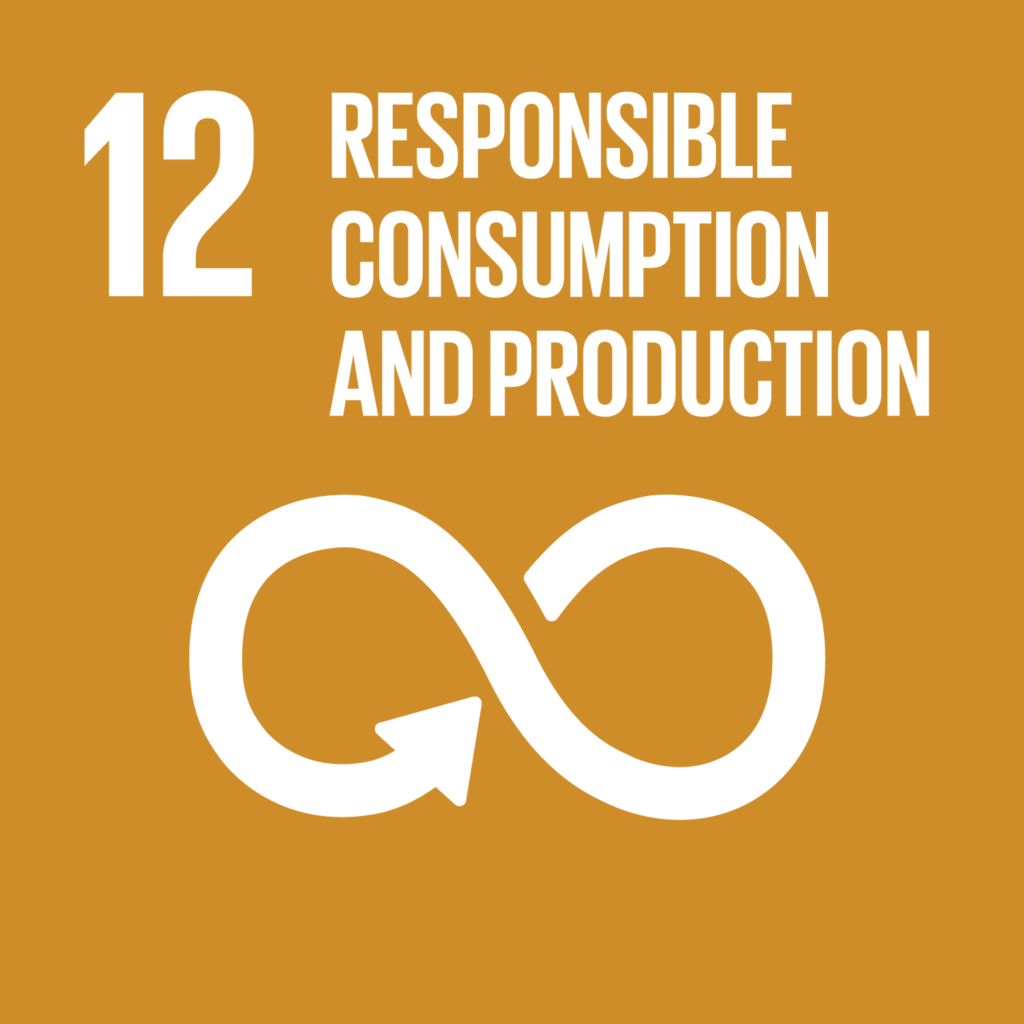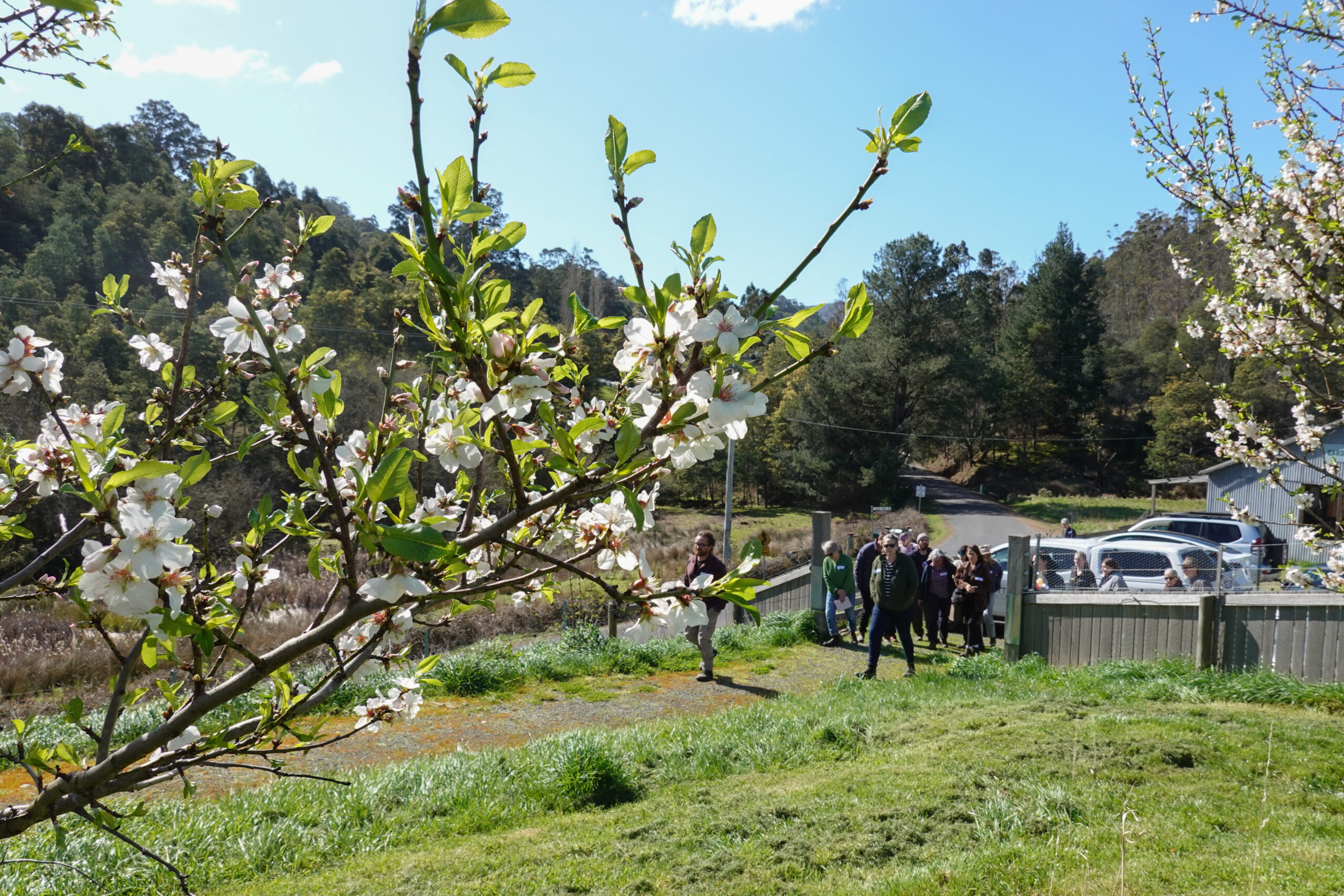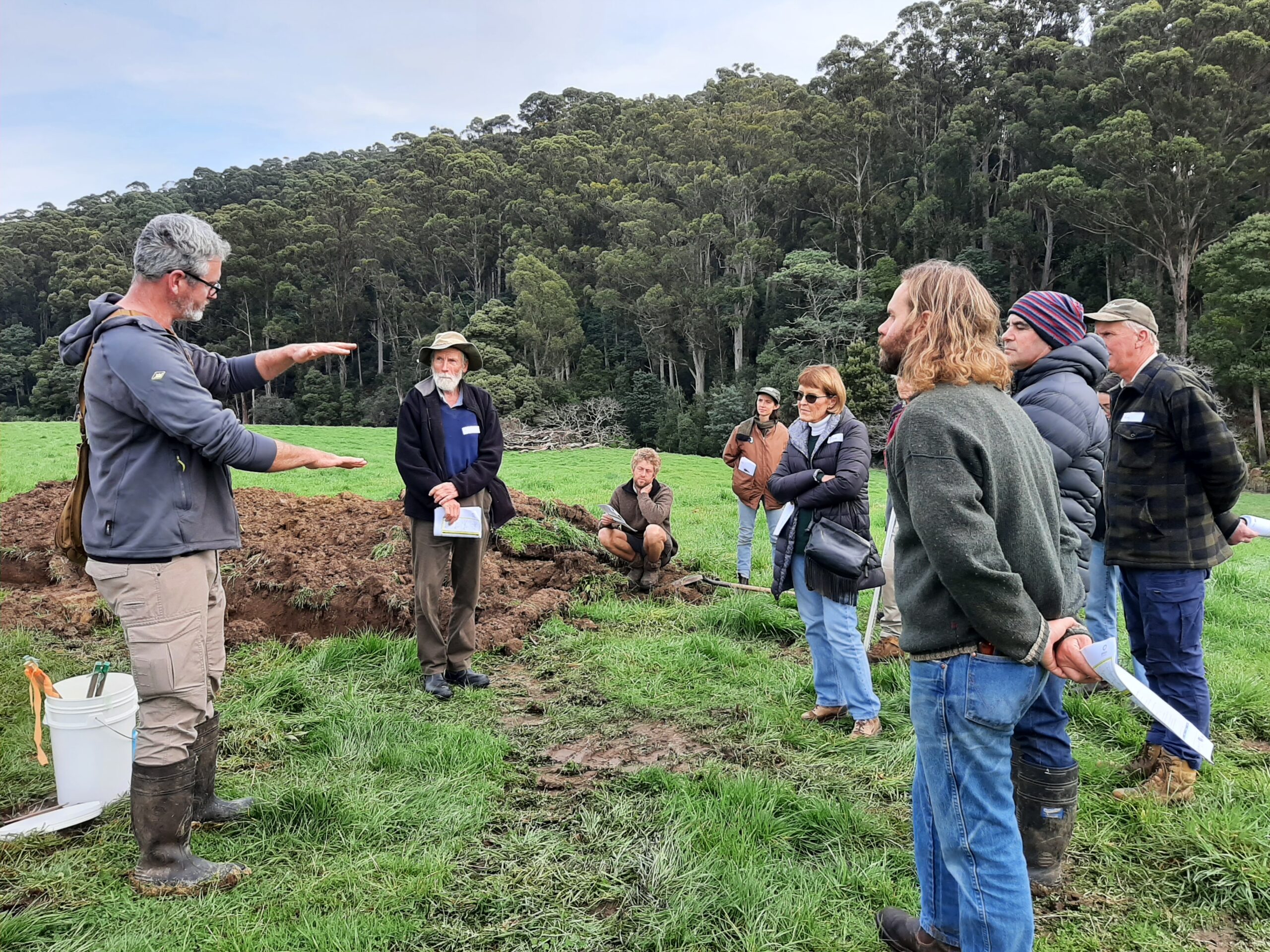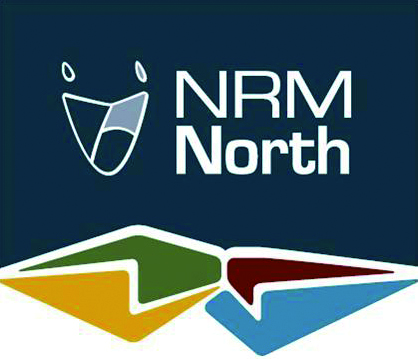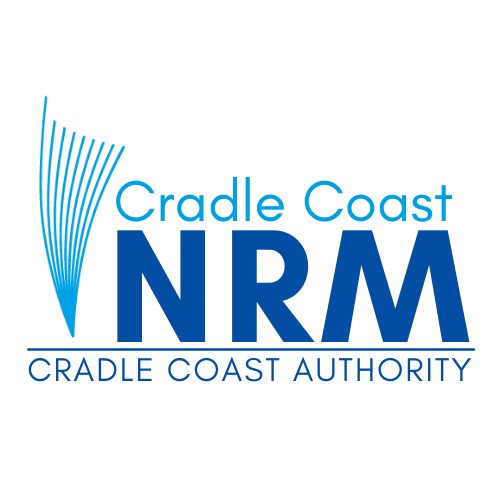Soil Extension (Phase I & II)
A state-wide soil extension program is being delivered through a partnership network between the three NRM soil extension officers who are engaging with Tasmania’s local agricultural sector. Phase I of the project ran from 2022-2023, Phase II runs from 2023 until the end of 2024.
This program aims to build the capacity of land managers to improve soil condition and manage vegetation cover to improve natural values, biodiversity, production outcomes and mitigate emerging risks. The program looks to promote best practices that improve the sustainability, productivity, and profitability of Tasmania’s agricultural landscapes.
Our Approach
Services are being delivered to land managers and farming system groups through a range of mechanisms including:
- Delivering workshops and field days that promote practices that support soil health and nutrient management (Phase I & II);
- Facilitating discussions around soil health and sustainable agricultural projects (Phase I & II);
- Development of tools to support on farm decision making regarding nutrient management and efficient water management and drainage, (Phase I & II) and;
- Extension activities that support land managers and farmers to understand the benefits of soil testing and interpretation of these tests (Phase I).
PROJECT PILLARS SOIL EXTENSION
Background
Soil Health Workshops and field days
The Soil Extension Program works in collaboration with farmers and grower groups to deliver soil health workshops and field days. These are co-designed with the community to deliver information which is appropriate to the target region, addressing key challenges and advancements identified by the farmers.
The aim of these events is to provide farmers with the tools to sustainably manage soil health which aims to increase production or enterprise viability and the sustainability of soil as a natural asset. Topics include soil carbon, soil biology, farm management techniques and basic soil health understanding and measuring.
Decision Support Systems
The program has provided NRM South the opportunity to further understand and address some of the key limitations in knowledge and decision support within the agricultural community. Through consultation with agricultural professionals and land owners/managers, the Soils Extension Program facilitated the development and updates of three decision support tools in collaboration with a number of experts within Tasmanian agriculture. These tools were released June 2023.
-
-
- Soil Test Interpretation Guide for Dryland Pastures in Tasmania – Naomi Palombi & Doris Blaesing (RMCG) (booklet and digital)
- Providing farmers and agronomists with practical information about soil fertility testing, and to help understand chemical soil analysis data.
- Nutrient Management for Farming in Tasmania – Bill Cotching (book and digital)
- This book delves into a deeper understanding of soil health and how to ensure soils are fit for purpose, in particularly for productive agriculture in Tasmania.
- Land Drainage for Farming in Tasmania – Bill Cotching and Samantha Gadsby (RMCG) (book and digital)
- Guidelines addressing agricultural drainage of waterlogged soils and the removal of excess surface or ground water from the land by man-made surface or sub-surface drains to improve crop growth and land access as well as improve soil health. The guide addresses some of the environmental health mitigation measures needed to successfully implement drainage which is not only sustainable for agricultural production but also minimises impacts of nutrient transfer and changes in hydrology off farm.
- Soil Test Interpretation Guide for Dryland Pastures in Tasmania – Naomi Palombi & Doris Blaesing (RMCG) (booklet and digital)
-
One-on-One farmer sessions (Phase I only)
The project is building capacity within the agricultural community to engage with and improve understanding soil health and soil function.
Through one-on-one sessions with farmers and enterprises, the Soils Extension Program addresses areas of interest and key issues for individual landholders to provide a more in-depth knowledge of soil health. This ranges from assistance with soil testing and helping farmers learn more about soil testing processes and the significant information this simple action can provide to farm management, through to deeper understanding of singular soil health issues or industry developments.
